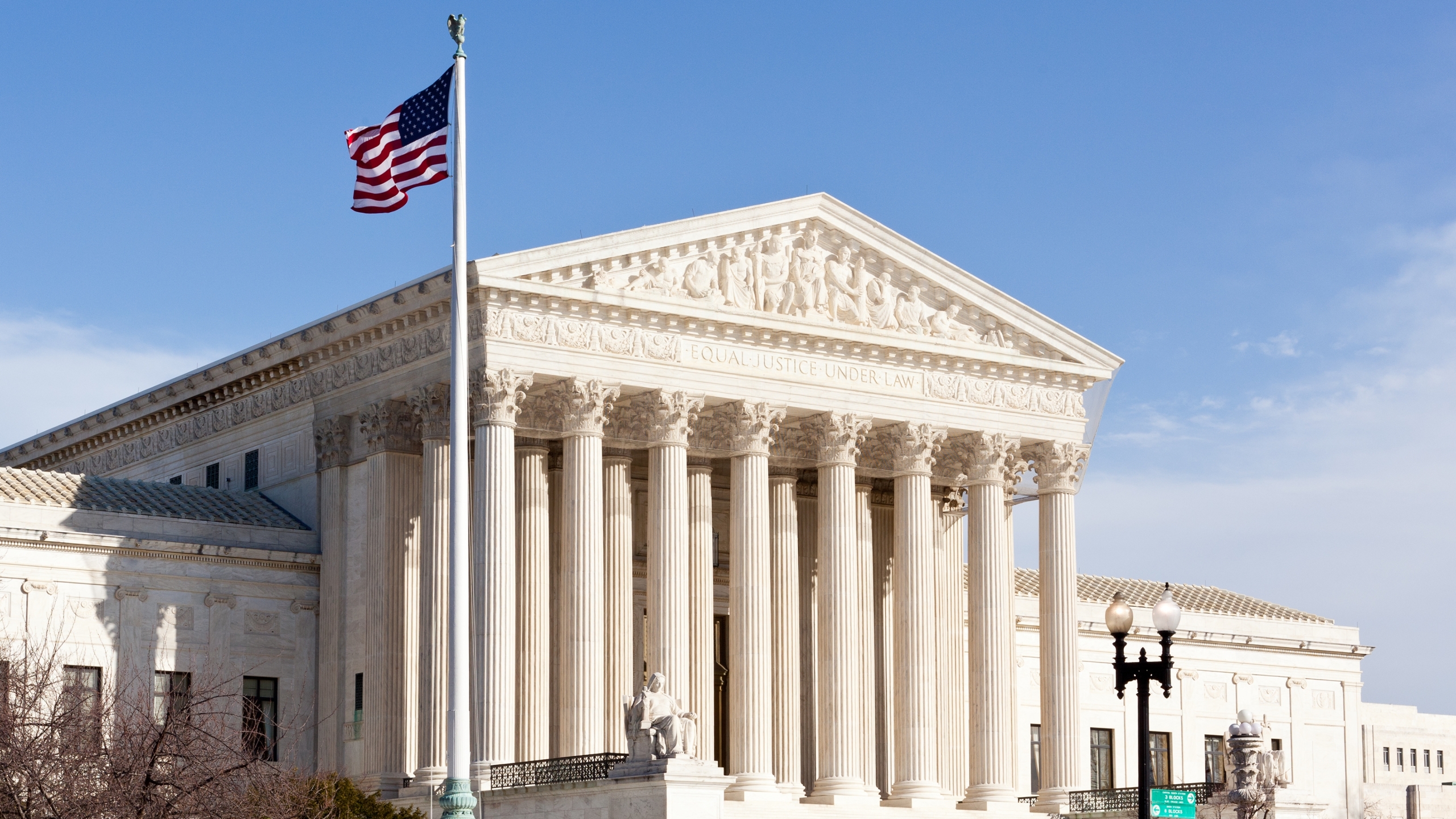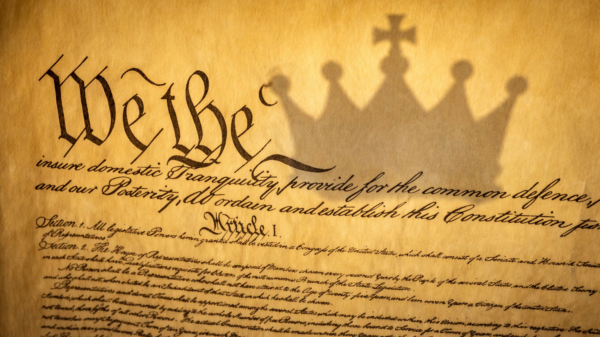On July 22, the Alabama Center for Law and Liberty filed an amicus curiae brief in the United States Supreme Court, asking it to overrule Roe v. Wade and its progeny. On Tuesday, the Montgomery-based Foundation for Moral Law joined with Lutherans for Life filed their own amicus brief with the U.S. Supreme Court in support of Mississippi’s Gestational Age Act.
The Supreme Court has agreed to hear Dobbs v. Jackson Women’s Health Organization, in which a pro-abortion group challenged a Mississippi law banning abortions after 15 weeks. The lower courts struck down this law, reasoning that it banned abortions before the baby reached the point of viability, which is the point at which a baby could survive outside the womb.
Under Roe v. Wade and Planned Parenthood v. Casey, a state may not ban abortions before that point. Alabama already has a law banning late-term abortions. The Mississippi law goes farther than that. In taking this case, the Supreme Court is sending a signal that it is willing to consider whether its current viability rule should be reconsidered.
ACLL filed an amicus curiae brief, arguing not only that the viability standard should be discarded, but also that Roe and its progeny should be overruled altogether. Matt Clark is the executive director of the ACLL.
“We are pleased that the Supreme Court is willing to revisit the viability standard,” Clark said. “Drawing on the work of Chief Justice Parker of the Alabama Supreme Court, who has written extensively about this, we explained how the Court’s abortion framework, including the viability standard, does not comport with other areas of the law that protect the rights of unborn children.”
“Roe v. Wade has permitted the deaths of nearly 63 million babies by abortion since 1973,” said Foundation for Moral Law President Kayla Moore. “We are thankful Mississippi has acted to stop this holocaust, and we pray the Supreme Court will uphold Mississippi’s law and the laws of other pro-life states like Alabama.”
Foundation Senior Counsel and Lutherans for Life Board member John Eidsmoe added: “For decades, the Court has been moving away from Roe v. Wade, especially with its 2007 Gonzales v. Carhart decision upholding a federal prohibition of partial-birth abortion. Now, with three new Justices on the Court, we hope the Court will take the next step and overrule Roe v. Wade.”
“Taken to its logical conclusion, the viability rule means that one person can kill another if the latter is dependent on him to live, which is horrifying,” Clark said. “If the Supreme Court agrees to toss the viability standard, it will necessarily have to ask what should replace it. We therefore argued that the Court will not be able to escape the question of whether the Constitution protects a right to abortion at all. Because it does not, and because Roe and its progeny have cost over 60 million lives since 1973, we urged the Court to take this opportunity to throw out Roe altogether.”
Former Alabama Supreme Court Chief Justice Roy Moore said: “Roe v Wade was simply an act of judicial activism by the U.S. Supreme Court and should be overturned now.”
Overturning Roe v. Wade is the “Holy Grail” of some religious people and most social conservatives. They argue that all life is sacred and that there is nothing in the U.S. Constitution that gives another person, even a mother, the authority to kill another person. They argue that Roe v. Wade, a split Supreme Court decision, was a bad ruling and that the Court needs to revisit it.
Overturning Roe v. Wade would not end abortion in America. Instead, it would send the issue back to state legislatures to deal with. States like California and New York would undoubtedly continue to allow abortions with minimal interference from the state. In states like Alabama and Mississippi, there are existing laws on the books that would effectively shut down the abortion industry there if the Supreme Court would allow the elected legislatures the latitude to govern.
ACLL is a conservative nonprofit legal organization based in Birmingham, Alabama, and it is the litigation arm of the Alabama Policy Institute. The Foundation for Moral Law, an Alabama-based nonprofit dedicated to religious liberty and constitutional restraint. Lutherans for Life is an Iowa-based nonprofit dedicated to the sanctity of life.












































